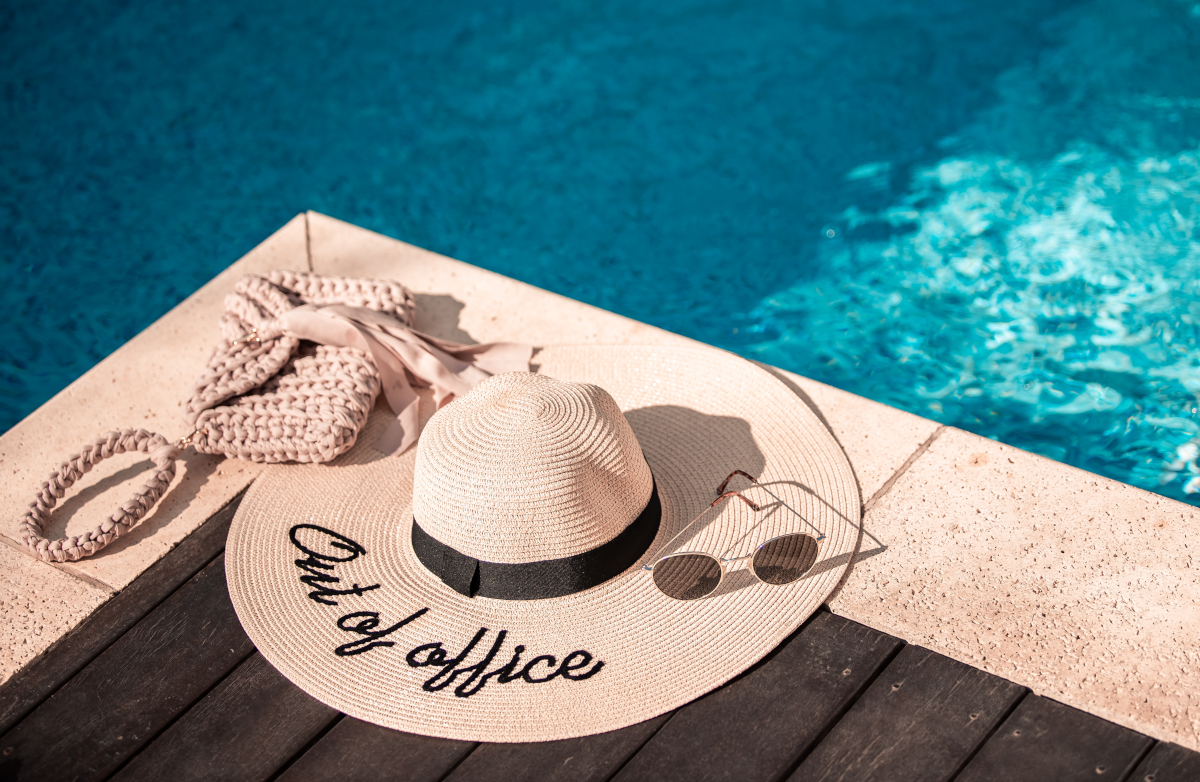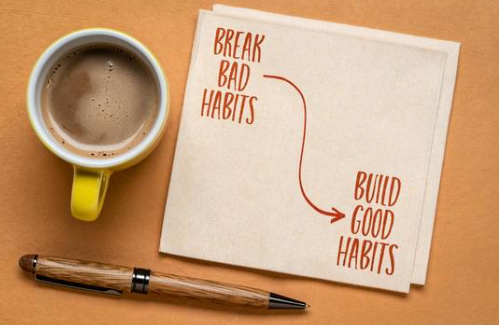
When you think about taking time off, it should evoke feelings of relaxation—the warm breeze as you walk along the beach, a hammock rocking in the woods—exploring new places and cultures, or simply the luxury of spending each day without the stress of schedules and deadlines. However, it can also evoke feelings of anxiety as you think about leaving your workload behind. According to a recent report by the U.S. Travel Association, more than half of U.S. adults are not using all their paid time off (PTO). In fact, the trend has gotten worse, with more days going to waste at the end of each year.
Although it might feel like more trouble than it's worth, PTO is a benefit that you've earned and taking time off will make you a better employee in the long run. According to Matt Erhard, senior partner at Summit Search Group, it's important to keep in mind that short breaks from work can improve your productivity, helping you get more done when you're in the office. "A lot of people hesitate to take PTO because they don't want to abandon their teams and projects, but you'll be better for your team if you take a break from work at least once a year," he advises.
To ease the stress of leaving work behind and vacation without guilt, there are simple things you can do before you leave and after you return to make the transition as smooth as possible.
Before You Go….
1. Begin planning for your PTO as early as possible. "If you don't start making preparations until the week before you're off, you're going to feel more stressed out and frantic trying to tie up the loose ends," cautions Erhard. "If the vacation is on your calendar at least a month in advance, you'll be able to make more subtle adjustments and spare yourself the need to over-work right before your time off."
2. Identify a backup colleague. This should be someone who can cover in case of emergency and be the point person if questions need immediate answers. Provide this person with enough detail that you feel comfortable knowing they can handle issues while you're out.
3. Make a to-do list of things to complete when you return. "Coming back from a vacation is often followed by post-vacation blues, and you'll [likely need a few] days to fully get back into work mode," explains Luka Arezina, editor-in-chief of DataProt. "To-do lists will [provide] structure during the first few post-vacation days."
4. Clean your office space. There's nothing like coming back to a desk that's covered in stacks of papers, dirty coffee cups and sticky notes all over the computer screen. You'll feel more refreshed and more ready to jump back into a routine when you walk into a clean space.
When You Return…
5. Give yourself a few days off. Behavioral Health specialists at PeopleOne Health recommend taking time to reintegrate into your routine after your time away. "This will allow you to do the odds and ends like laundry and grocery shopping so that they don't get added to your already busy schedule that upcoming week."
6. Bring a piece of your vacation back to work with you. Frame one of your favorite pictures from the trip, add a little souvenir to your desk or bring in cookies from your new favorite out-of-town bakery. Small reminders of your trip can make the return to the real world a little easier to swallow.
7. Schedule a catch-up meeting with colleagues. Instead of digging through emails to learn about project updates, a short meeting can get you caught up quickly and alert you to anything that needs immediate attention.
8. Plan something fun to do at the end of your first week back. In order to avoid the post-vacation blues, look forward to something new. Schedule dinner with an old friend, plan a gathering at your house to share your adventures or make a spa appointment to continue the recharge—anything that will bring a smile to your face and remind you why home is a great place to be, too!
Taking time off means you should be able to fully unplug and recharge. These tips will allow you to truly be present on your vacation without worrying that your co-workers need something or feeling like you constantly need to check your email. Then you can come back to work after your time off, rested and ready to get back to it!
Even if you aren't preparing for a big vacation, it's important to always have something to look forward to. It's important to live life in the present moment, it is also deeply gratifying to have a light at the end of the tunnel.













